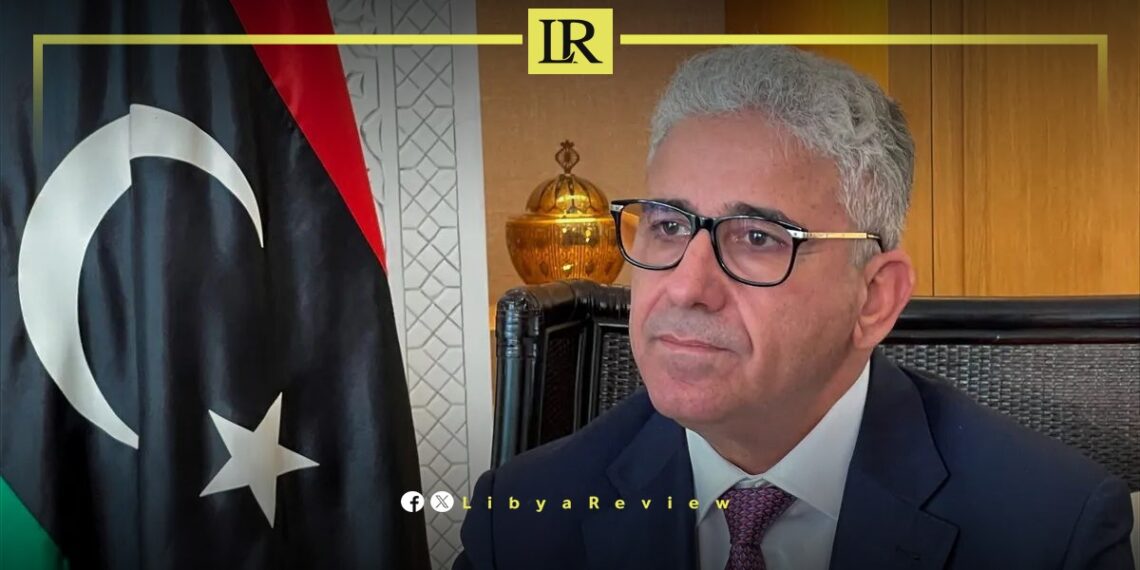Former Libyan Prime Minister Fathi Bashagha criticised Deputy Special Representative of the UN Secretary-General, Stephanie Khoury, for her failure to accurately describe the Libyan crisis. Despite extensive meetings and tours across Libya, Khoury’s efforts fell short, according to Bashagha.
In a Facebook post, Bashagha stated, “In her first briefing to the UN Security Council, Stephanie Khoury spoke a lot but said nothing. Unfortunately, she failed to describe the Libyan crisis accurately despite her numerous meetings and tours in the east and west of the country.”
Bashagha added, “I do not expect Khoury to provide a miraculous solution, and I understand she doesn’t have a magic wand to resolve a long-standing issue. However, her first briefing was disappointing and did not address the roots of the crisis or suggest real solutions to save the country from local and international chaos.”
He urged Khoury to stop “circling around the issue” and avoid “vague statements.” Instead, she should focus on the core of the problem. “There isn’t much time left given the changing dynamics of the conflict in the region. Further meetings, visits, and empty speeches won’t suffice,” Bashagha emphasised.
Bashagha called on all decision-makers to recognise the imminent danger facing Libya and to rise above their differences. He urged them to work together for the country’s salvation.
During her speech, Khoury reported that since taking on her role, she has been actively consulting with Libyans to understand their concerns and priorities, particularly regarding a Libyan-led political process. She has conducted meetings in both eastern and western Libya, engaging with political officials, academics, civil society organizations, women’s groups, military leaders, cultural representatives, and members of the diplomatic community.
Libyans have consistently voiced their need for a political agreement to organize elections and restore the legitimacy of national institutions. Khoury plans to continue these consultations, visiting more regions of Libya soon, and will share further observations with the UN Security Council.


